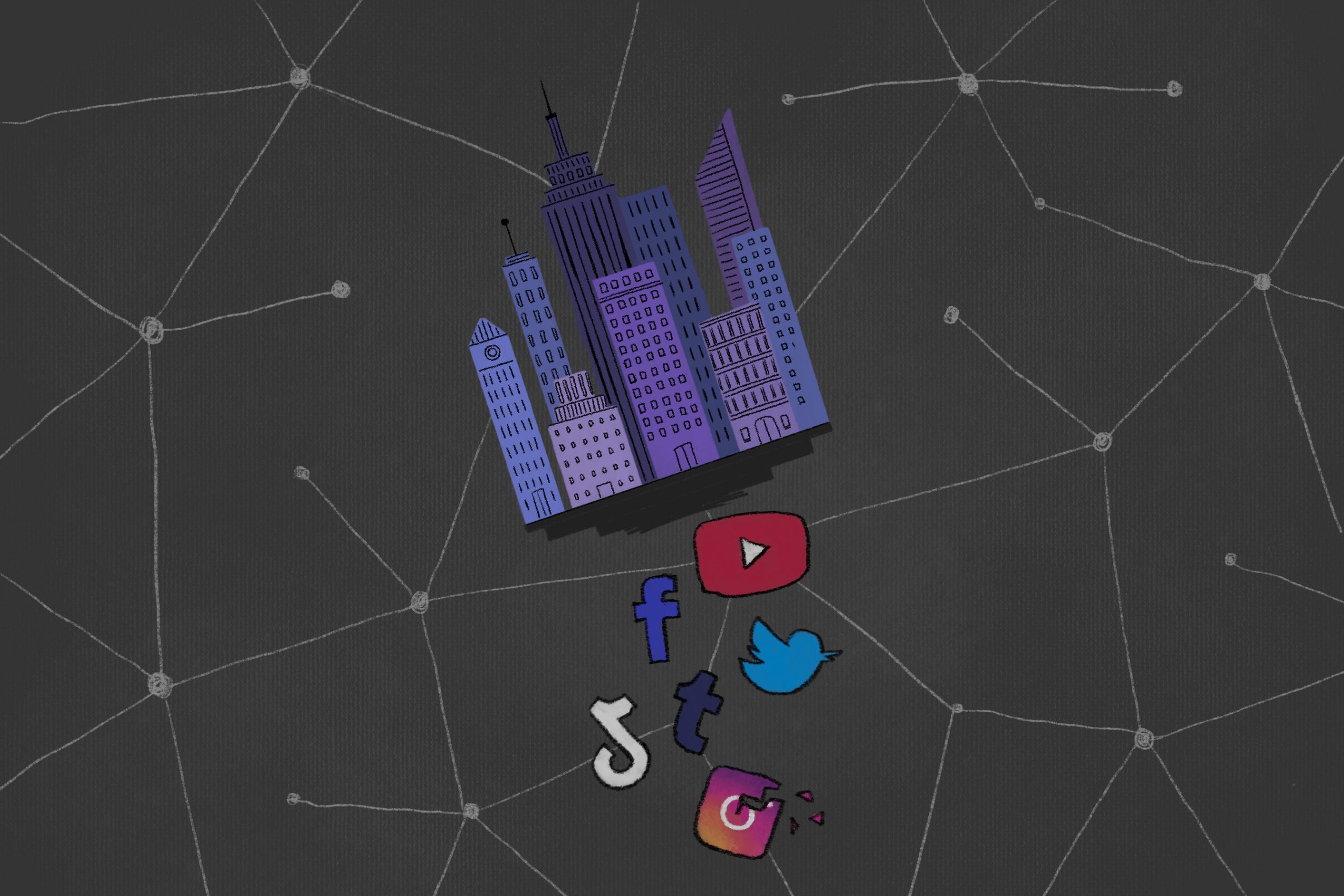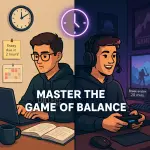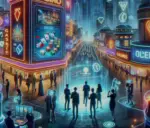Everyone thought Oct. 4 would be another ordinary day. Technically, it was, but not for the current generation. In the early afternoon, the popular social networking platform Instagram went down, along with Facebook and the messaging program WhatsApp. The cause was likely some technological malfunction, as all three platforms are owned by the same company. The group most affected by the outage was young people who rely on these platforms to communicate with each other. The six hours in which Instagram was unavailable led to a lot of fear of the unknown among the current generation, which leads to an important question: Are millennials and Generation Z too dependent on the internet?
The short answer is yes. The long answer: The internet as we know it today is a big part of our culture, rather than simply being an information-gathering tool like it was back when it was invented. Both millennials and Generation Z grew up with technology being readily available. Therefore, most of them cannot remember a life without it. However, the internet as a whole isn’t the problem. The internet serves as a valuable tool for individuals in school or those who are simply looking to learn, but the issue is the social side of it. Social media began as a way to keep in touch with relatives or friends that people know in real life, but in recent years it’s drifted away from that and has become more of a one-sided platform.
Instagram in particular falls into this category of one-sided platforms. What started off as a way to share photos with friends and family turned into a space for sharing niche content that only appeals to certain people. Rather than keeping up with people they know in real life, users follow content providers who run pages dedicated to specific interests. These content providers were most affected by the shutdown, as proved by the multitude of memes that made their rounds on the platform once connectivity was restored.
The surprisingly honest memes are the first step toward facing the larger issue of an entire generation reliant on technology. Within the past few years, social media has become an activity rather than a photo and video sharing tool. A rise in young people developing online friendships proves this point; however, this is not a new concept. In the 2000s and early 2010s, online games allowed players to “meet” each other — behind their avatars, of course — and interact within the platform.
This seems to be the precursor to social media as we know it today, and it’s why increasingly younger people are joining sites like Instagram. But the appeal of Instagram differs completely from that of “social” internet games, although some of its effects on youths and college students are quite similar. People log on to Instagram and post their content with the expectation that they’ll get a few followers and likes out of it. But they might end up going viral and unintentionally joining communities of people who share their same interests.

















